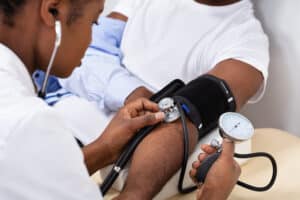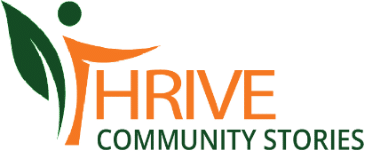
“Racial/ethnic, gender, and sexual minorities often suffer from poor mental health outcomes due to multiple factors, including inaccessibility of high-quality mental healthcare services, cultural stigma surrounding mental healthcare, discrimination, and overall lack of awareness about mental health,” according to Psychiatry.org.
PeopleWithDisabilities.com lists many and varied reasons why disabilities contribute to mental health problems.
It stands to reason that members of the Black, Indigenous, and People of Color (BIPOC) population who also live with disabilities are in great need of mental health resources.
Michelle Giordano, a community outreach advocate with LiveAnotherDay.org, has curated a host of resources to help.
“A record 107,000-plus people died of overdoses last year,” she said, “and people of color have been disproportionately affected. And with mental health issues and substance use continuing to harm our community in a post-pandemic world, it’s expected that more people than ever will be searching for help.”
All demographics in the United States have seen an increase in overdose deaths over the last decade, Southeast Addiction Center says. The trend has been particularly hard on Black men.
The center has compiled 50 addiction and mental health resources for Black men.
According to Southeast Detox, Black women also abuse illegal drugs at a higher rate than the national average.
“When it comes to substance abuse in Black women,” it says, “the populations that are most affected include women who are more vulnerable to incarceration, illness, poverty, and single motherhood.”
The organization lists 51 addiction and self-care resources for Black women.
BIPOC parents, and their children, face a range of obstacles, according to the Louisville Addiction Center: lack of access to mental health and addiction services; historical discrimination and trauma; lack of trust in the healthcare system; overrepresentation in the criminal justice system; and others.
The center has a list of 32 addiction and mental health resources for BIPOC parents.

